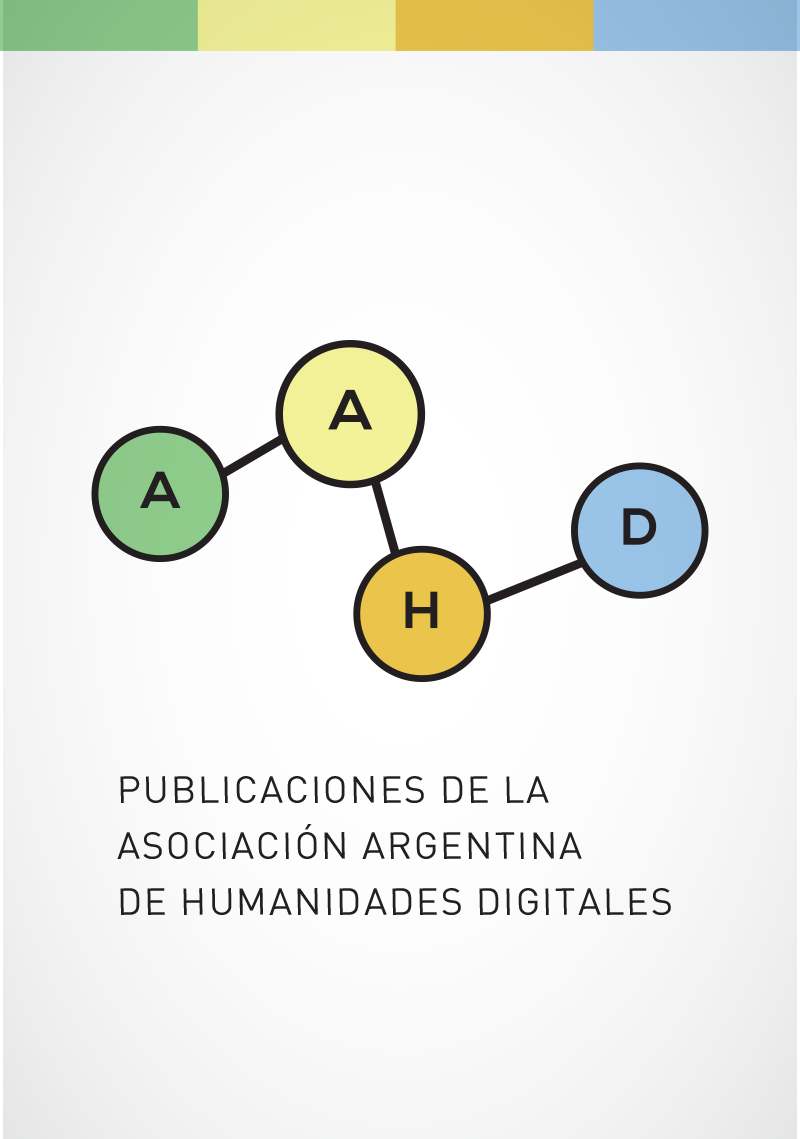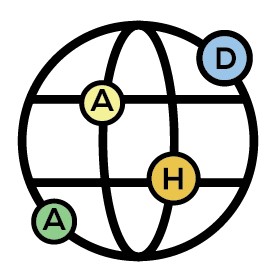Mutual Support: a Factor in the Evolution of Piotr Kropotkin
A Proposal for Discursive Analysis Through Voyant Tools
DOI:
https://doi.org/10.24215/27187470e026Keywords:
Anarchism, Digital Humanities, Kropotkin, Voyant Tools, Social DarwinismAbstract
Piotr Kropotkin is considered one of the main classical authors of anarchism, as well as the father of the anarchocommunist current. One of his major concerns, embodied in much of his extensive output, was the search for a "natural explanation", in relatively Darwinian terms, of the unnaturalness of human beings' individualistic and unsupportive social behaviour, which, to some extent, stemmed from the wild and unbridled capitalism that dominated the world in the late 19th and early 20th centuries. This is precisely the theme on which Mutual Support: A Factor in Evolution is based. This paper, based on the third edition in Spanish published by Nossa y Jara Ediciones, analyses, from the novel perspective offered by the Digital Humanities, the discursive line followed by Kropotkin in this work. Through the Voyants Tools tool, composed of several panels for the academic reading and interpretation of texts, we have been able to verify in what terms the Russian thinker's response to those social Darwinists who argued that aspects such as exploitation, inequalities or capitalist individualism represented one more element of human adaptation to the natural environment was constructed.
Downloads
References
Huxley, T.H. (1888). “Struggle for existence”. The Nineteenth Century 23. 161- 180.
Kropotkin, P. (1989). El apoyo mutuo: un factor en la evolución. Madrid: Nossa y Jara Editores.
Downloads
Published
How to Cite
Issue
Section
License
Copyright (c) 2021 Javier Colodrón Valbuena

This work is licensed under a Creative Commons Attribution-NonCommercial 4.0 International License.
Los autores que publican en esta revista están de acuerdo con los siguientes términos:
- Los artículos publicados en la revista se encuentran disponibles en acceso abierto.
- Los autores conservan los derechos de autor y garantizan a la revista el derecho de ser la primera publicación del trabajo al igual que licenciarlo bajo una Licencia Creative Commons Atribución-CompartirIgual 4.0 Internacional (CC BY-SA 4.0), que permite copiar y redistribuir el material en cualquier medio o formato y remezclar, transformar y construir a partir del material bajo los siguientes términos: debe dar crédito de manera adecuada, brindar un enlace a la licencia, e indicar si se han realizado cambios.
- Los autores pueden depositar el trabajo en un repositorio de preprints, postprints, establecer por separado acuerdos adicionales para la distribución no exclusiva de la versión de la obra publicada en la revista (por ejemplo, situarlo en un repositorio institucional o publicarlo en un libro), con un reconocimiento de su publicación inicial en esta revista.
- Se alienta a los/as autores/as a realizar el depósito de datos en SEDICI, o en cualquier otro repositorio de datos de investigación (como Zenodo, donde la AAHD ha creado un repositorio temático para HUMANIDADES DIGITALES), de manera previa a realizar el envío de la contribución a la revista. De este modo, al remitir el artículo solo se deberá indicar la URL donde se encuentran los datos de investigación.


























